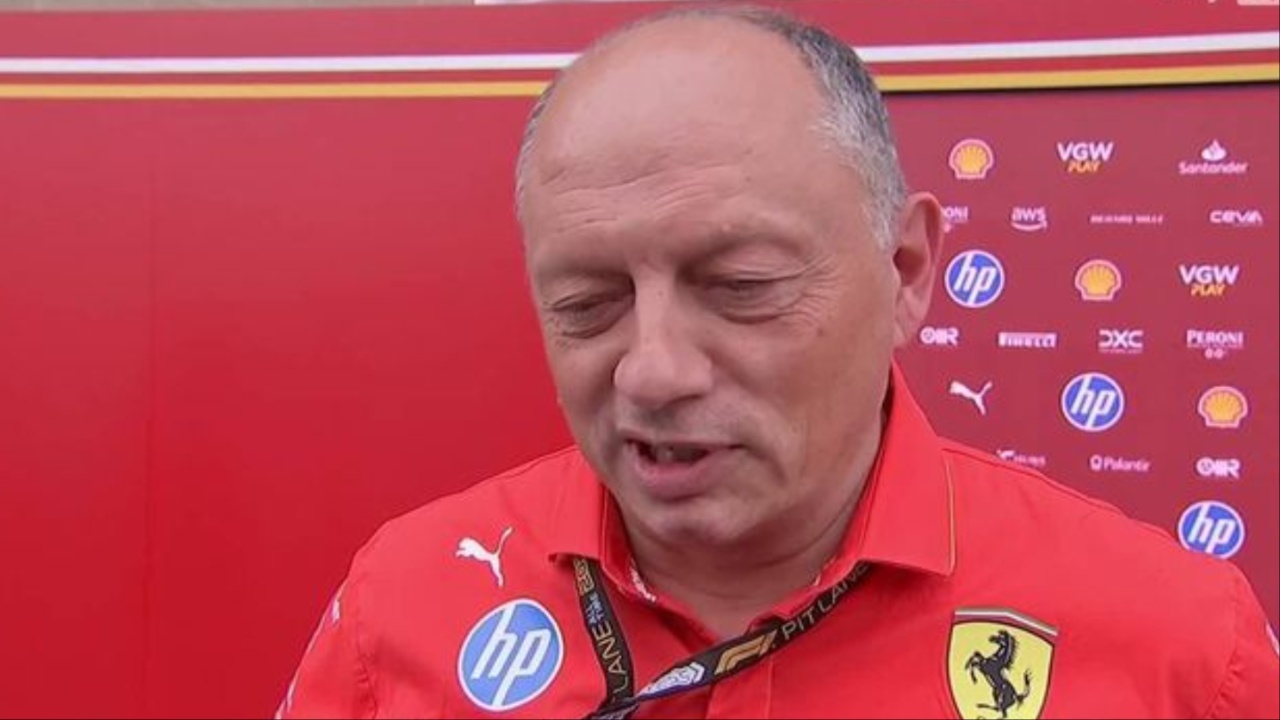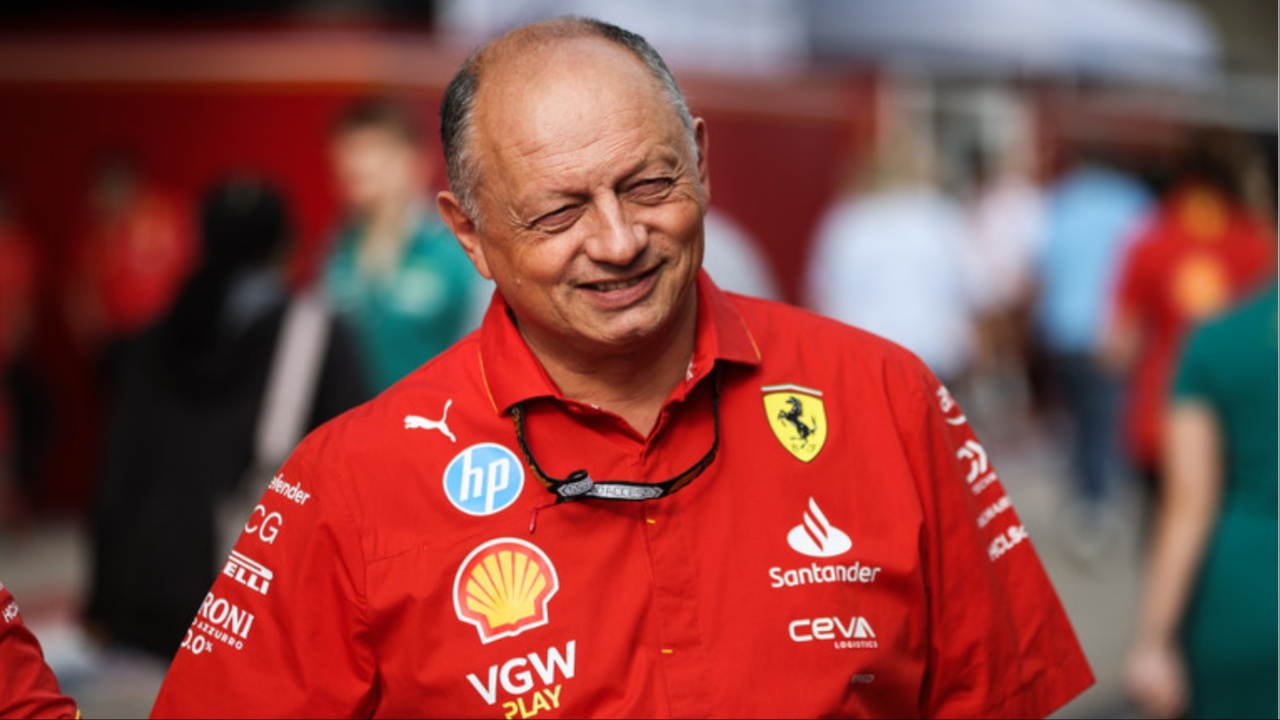Ferrari team principal Fred Vasseur expressed confidence in the FIA’s ability to handle the ongoing controversy surrounding Red Bull’s RB20, known as the ‘Bibgate’ saga. Vasseur emphasized that if Red Bull had indeed modified their car while in parc fermé, it would constitute a serious breach of regulations, exceeding mere cheating. He acknowledged the gravity of the situation but maintained that the FIA would carry out a thorough investigation to determine the facts.
The focus on Red Bull heightened as the US Grand Prix approached, not because of their performance upgrades but due to the allegations regarding their adjustable ride height device. After an investigation suggested a breach of parc fermé rules, Red Bull admitted to the use of the device but assured the FIA that it could not be adjusted when the car is in parc fermé conditions. In an effort to clarify the situation, Red Bull showcased the device to the FIA in Austin, hoping to alleviate any concerns.

Amidst the controversy, McLaren Racing CEO Zak Brown has been vocal in demanding a comprehensive investigation from the FIA. Vasseur echoed this sentiment but also pointed out the need for clarity, stating that the situation required serious scrutiny. He noted that while he lacks detailed information about Red Bull’s practices, the implications of any wrongdoing would be significant. The dialogue surrounding the issue has drawn comparisons to McLaren’s own past challenges with regulations, particularly regarding their ‘mini-DRS’ rear wing.
Vasseur was critical of McLaren’s rear wing design which had come under scrutiny after Oscar Piastri’s victory in Baku. He suggested that the modifications made by McLaren in consultation with the FIA were necessary to comply with the rules, asserting that the wing used in Baku was not legal. This context adds layers to the ongoing discussions about fairness and compliance among teams, with Vasseur’s comments highlighting the competitive tension in the paddock.
In response to the controversy, Red Bull team principal Christian Horner dismissed the concerns, suggesting that the uproar was driven by rival team paranoia. He defended the legality of the adjustable device, describing it as part of an open-source component list that has been accessible for three years. Horner’s remarks imply that the FIA’s intervention was unnecessary and fueled by competitors rather than any real violations on Red Bull’s part. As the investigation unfolds, the balance of competitive integrity in Formula 1 remains a hot topic of debate among teams.

